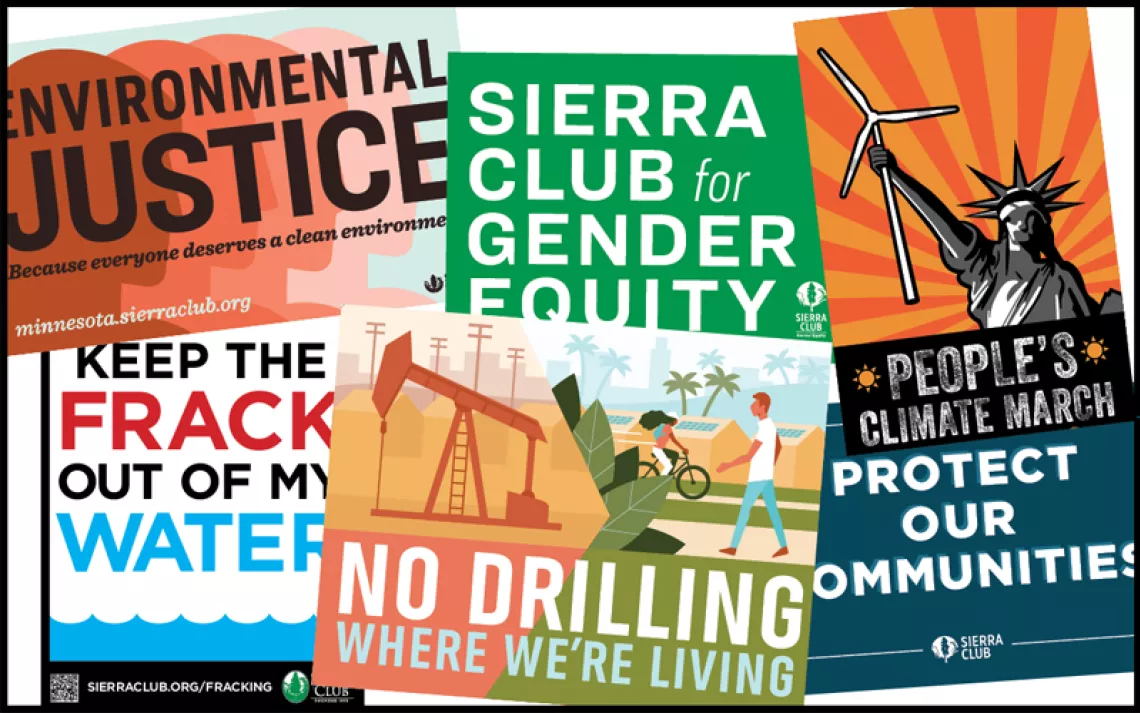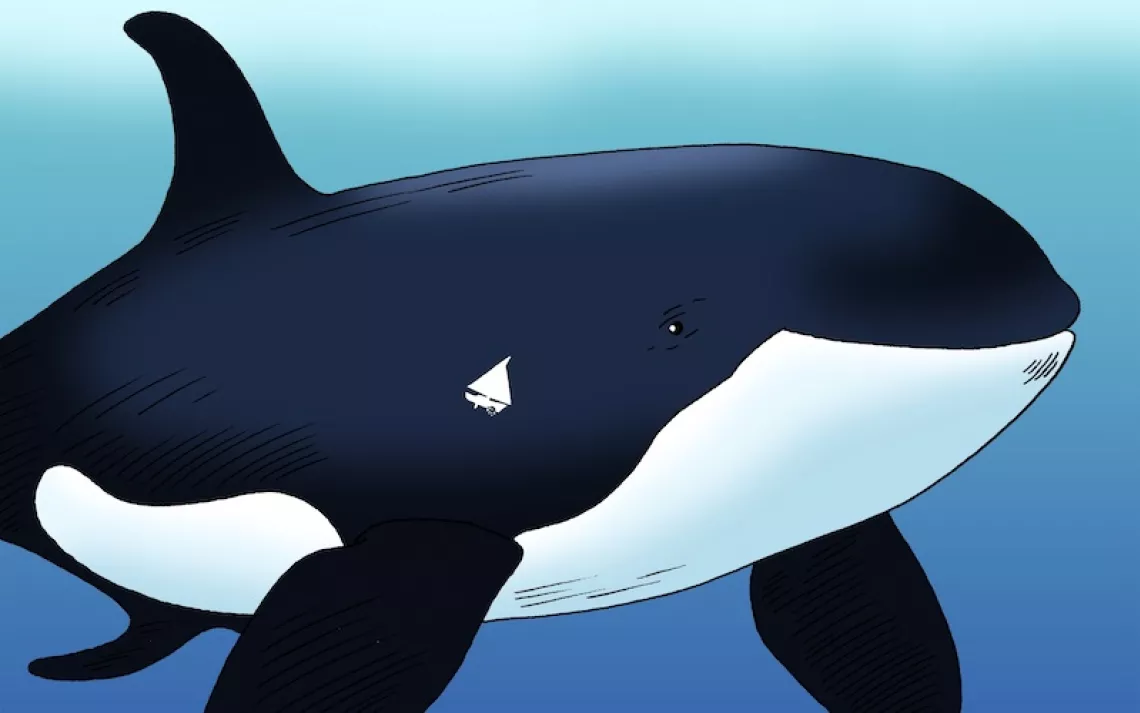ICYMI: Garbage Balloons, Human Ice Packs, E-bike Rebates & Free Electricity
Environmental news of the week for busy people

Illustration by Peter Arkle
North Korea weaponizes litter, sending a thousand large balloons over its rival South Korea to dump “manure, cigarette butts, scraps of cloth, waste batteries, and even reportedly dirty diapers.”
The Intergovernmental Panel on Climate Change congratulates former IPCC author Claudia Sheinbaum after she won the presidential election in Mexico.
The city council of Alameda, California, unanimously nixes a geoengineering experiment that sprayed sea-salt particles into low-lying clouds in hopes of making them brighter and thus able to reflect more sunlight away from the earth.
Iceland’s popular Blue Lagoon, a large outdoor geothermal spa, reopens after its emergency closure following the eruption of a nearby volcano (video).
Sweden bans bottom trawling in all its territorial waters and in marine protected areas in an effort to protect marine ecosystems and coastal fisheries.
US drivers now kill more people per million than drivers in Russia do.
Colorado shifts money from highway expansions to mass transit and bike lanes.
New York governor Kathy Hochul indefinitely suspends New York City’s experiment in congestion pricing, which would have funded transit by charging motorists higher fees.
Minnesota offers rebates to people buying new e-bikes equal to 50 to 75 percent of their purchase price, up to $1,500. (The program was temporarily delayed due to technical issues.)
After Florida governor Ron DeSantis signed a bill forbidding local governments from protecting workers from extreme heat, Florida ranks second in the nation for heat-related 911 calls.
Emergency responders in Phoenix, Arizona—which last year saw 645 heat-related fatalities—are packing heat-stroke victims in bags of ice in an effort to lower their body temperatures on the way to the hospital.
A “pineapple sized” hailstone more than seven inches long falls in Texas.
After producing more power from solar than coal in March, Texas surpasses California in large-scale solar generation.
California's supreme court rules that student parties are not a form of pollution.
The world’s largest solar facility—a five-gigawatt, 200,000-acre complex in Xinjiang, China—comes online.
Customers of Oklahoma Natural Gas will pay an extra $5.72 to $7.82 per month for the next 25 years to retire “extreme gas purchases costs” and other expenses related to a single winter storm in February 2021.
In May, Spain and Norway generated so much renewable energy that they provided free electricity to over a million customers.
Raw cow’s milk is found to contain “astronomical numbers” of viral particles of the highly pathogenic bird flu, H5N1, suggesting that milk and milking are driving transmission of the disease between cows and from cows to humans.
South Dakota’s prairie dogs are suffering from an outbreak of plague, which also threatens the endangered black-footed ferrets that rely on prairie dogs for much of their diet.
Mule Deer 255, whose 240-mile annual migration from Wyoming to central Idaho was the longest known to science, has died, apparently by mountain lion.
 The Magazine of The Sierra Club
The Magazine of The Sierra Club


